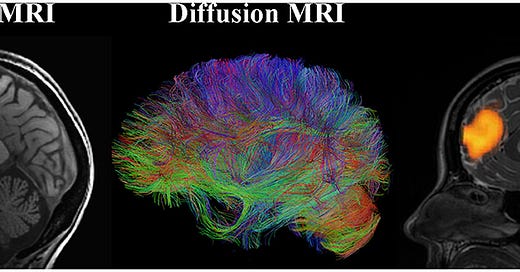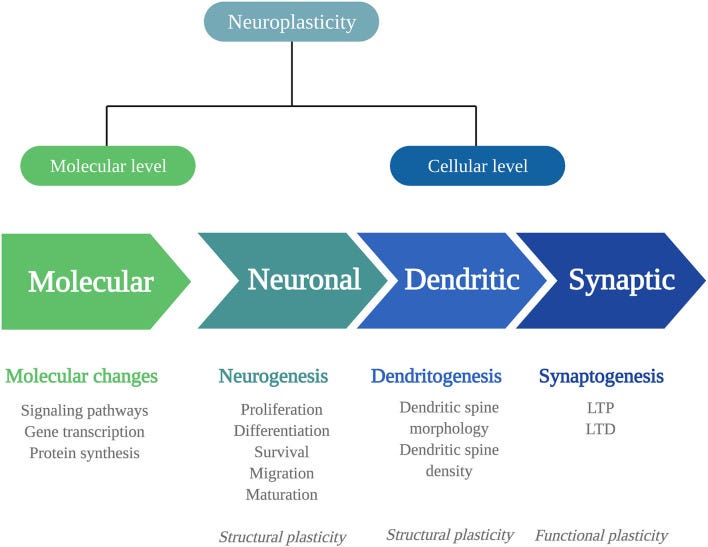The Science of Neuroplasticity: How Our Brains Can Change and Rewire Themselves
Weekly Book Recommendation:
“Home cooks are returning to the ancient practice of bread baking, and sourdough is rising to the forefront. Through fermentation, sourdough bread is easier on digestion―often enough for people who are sensitive to gluten―and healthier.”
Artisan Sourdough Made Simple: A Beginner's Guide to Delicious Handcrafted Bread
Research Article of the Week:
“Convincing evidence that gut transit time varies not only between healthy individuals and that many diseases are associated with altered gut transit time.”
Advancing human gut microbiota research by considering gut transit time
The Future of Neuroplasticity
Neuroplasticity, also known as brain plasticity or neural plasticity, is the ability of the brain to change continuously throughout an individual’s life. Neurogenesis is the process by which new neurons are generated. New neurons may be generated in the hippocampus, a part of the brain responsible for spatial memory, or in other parts of the brain involved in cognitive functions.
Neuroplasticity is an umbrella term and an entire field of study but for the sake of this thread a simple definition: "the ability of the nervous system to change its activity in response to intrinsic or extrinsic stimuli by reorganizing its structure, functions, or connections."
Your laptop is built to certain specifications and can receive software updates. However, our brains can actually receive hardware updates in addition to software updates. Different pathways form and fall dormant, are created, and are discarded, according to our life and experiences
When we learn something new, we create new connections between our neurons. We rewire our brains to adapt to new circumstances. This happens on a daily basis, but it’s also something that we can encourage and stimulate.
Benefits of Neuroplasticity:
Recovery from brain events like strokes
Recovery from traumatic brain injuries
Ability to rewire functions in the brain
Losing function in one area may enhance functions in other areas
Enhanced memory, learning, and cognitive ability
For years, it was thought that the brain was a “nonrenewable organ,” that brain cells are bestowed in a finite amount and they die as we age, whether we attempt to keep them around or not. Newer research has revealed that the brain never stops changing in response to learning.
Keep reading with a 7-day free trial
Subscribe to Rooted In Health to keep reading this post and get 7 days of free access to the full post archives.





